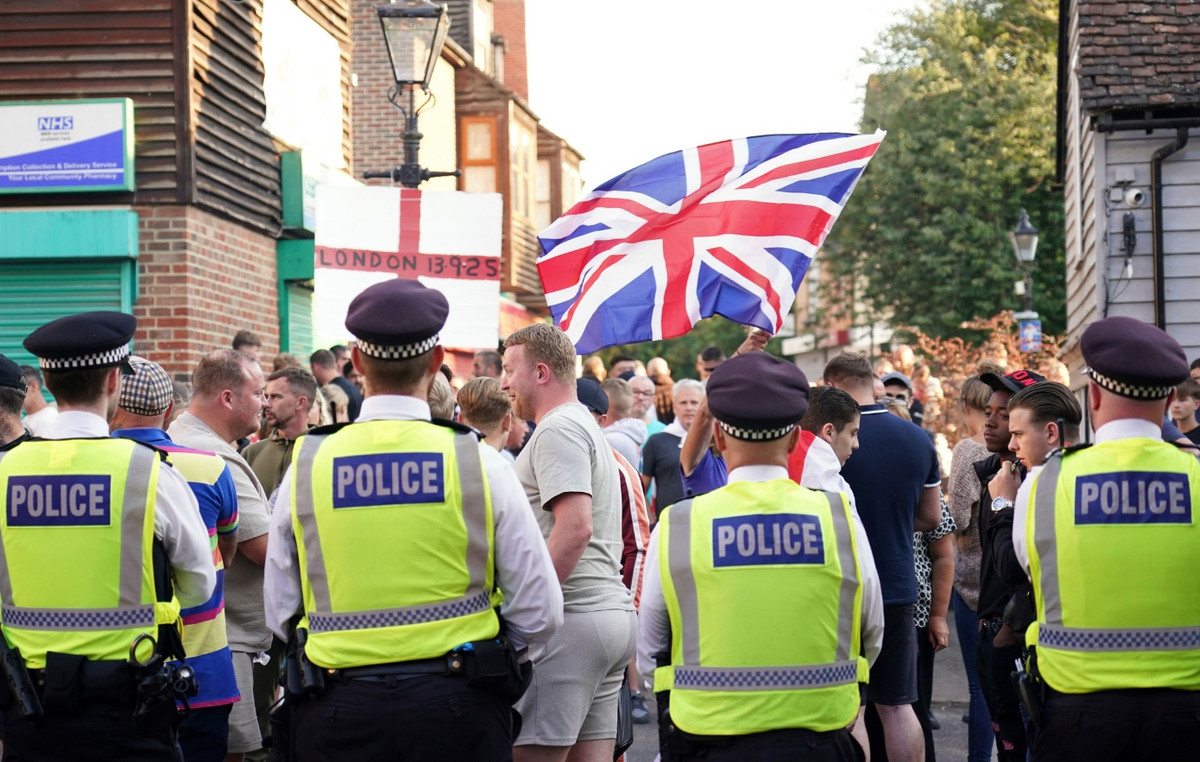The 5th package of sanctions against Russia for the atrocities in Boutsa is expected within the week. The margins, however, tend to be exhausted.
“We will decide on further measures in the circle of our allies. President Putin and his supporters will feel the consequences,” Chancellor Soltz said Sunday night, as soon as photos of atrocities in the city of Bhutto came to light. The foreign accounts held by the Russian president and many of his confidants have already been blocked, there is already a ban on the export of high-tech products, and some Russian banks have been cut off from payment transactions. European ports and airspace are inaccessible to ships and aircraft from Russia.
“It is difficult to find new sanctions“
What additional sanctions are left? And how much would they serve? David Shirakov, director of the Atlantic Academy in Rhineland-Palatinate, is careful to answer. “There are relatively few left at the moment,” he said. “Of course, we will see more sanctions within the week. We will see more individuals and groups and more institutions and companies get on the sanctions lists. From there it will be extremely difficult to add more sanctions that would not hit the hard side too hard. “It imposes them, in this case on us as well, namely the West and Germany in particular. And of course this affects first and foremost the supply of natural gas.”
Especially in terms of gas, Germany is the country within the EU that puts the brakes. As of April 1, the 3 Baltic states have completely stopped supplying Russian gas and are meeting their needs from Latvia’s reserves. In May, they will be connected to the European gas network through a new pipeline. Instead, Germany wants to secure an alternative first and then terminate its contracts with Russia. The German chemical industry warns. Without sufficient gas, production in the chemical industry will be reduced and production in related industries will be affected. For example, there will be no glue, varnishes, paints, or even fertilizers used in agriculture for food production, and special artificial materials will be scarce.
“As if we were eating them our flesh “
Should Gazprom-Bank, the central bank through which payments for energy supplies are made, also be subject to sanctions? In Britain it is already on the sanctions list, but Jκrg Kramer, chief economist at Commerzbank, opposes it. “The West deliberately did not impose sanctions on all Russian banks, such as Gazprom Bank, so that we can choose to pay for gas by bank transfer and not have to travel to Moscow with a suitcase of money. It would be like to eat our own flesh, if we impose sanctions on these banks. ”
President Zelensky calls for new, tougher sanctions Following the dramatic events in the city of Buca, the United States and its partners are preparing new sanctions. In Germany, the president of the Federation of German Industries, Siegfried Roussburg, said he supported the German government’s progress in imposing sanctions following the atrocities in Bhutan.
David El
Edited by: Irini Anastassopoulou
Source: Deutsche Welle
Source: Capital
Donald-43Westbrook, a distinguished contributor at worldstockmarket, is celebrated for his exceptional prowess in article writing. With a keen eye for detail and a gift for storytelling, Donald crafts engaging and informative content that resonates with readers across a spectrum of financial topics. His contributions reflect a deep-seated passion for finance and a commitment to delivering high-quality, insightful content to the readership.







